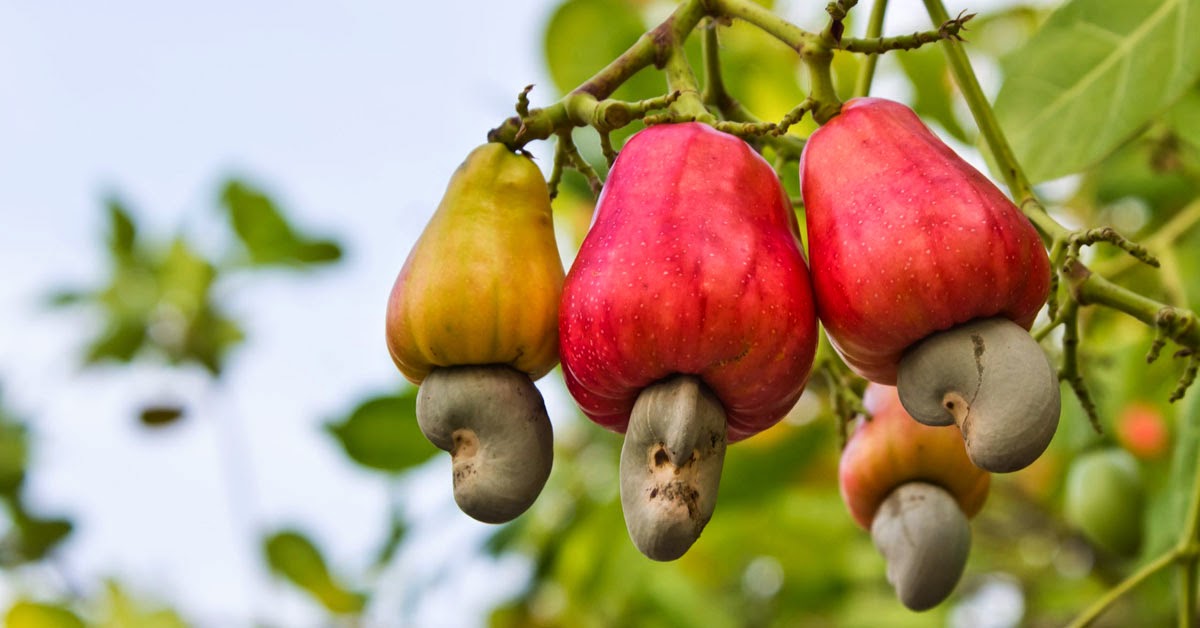- 34% Drop in Global Price Threatens Cashew Exports
The 2018 crash of commodity prices in the global market has had a huge impact on the Nigerian cashew sector. It has forced many exporters to hold excess stocks of raw cashew nuts bought at a time when prices were more favourable, our correspondent gathered.
Price of raw cashew nuts fell by 50 per cent from N600, 000 ($1,666) per metric tonne in April 2018 to about N300, 000 ($833) in July of the same year.
Currently, cashew sells for $1,100 per MT, signalling 34 per cent drop in price from last year.
While speaking during a cashew investment and exhibition forum in Lagos on Wednesday, the Executive Director and Chief Executive Officer, Nigerian Export Promotion Council, Mr Segun Awolowo, noted that the programme was informed by the persistent downward prices of RCN that had, in turn, resulted in supply glut in producing countries including Nigeria.
Awolowo, who was represented by the Director, Product Development department of the agency, Mr William Ezeagu, stressed the need to increase investment in cashew processing to add value to the cashew value chain.
The forum brought together cashew processors, intending processors and exporting companies planning to venture into cashew processing as well as the relevant government ministries, departments and agencies that have a role to play in the cashew value chain.
Also, development financial institutions were invited to lend support to willing investors in the cashew processing business.
Awolowo noted that Nigeria was currently one of the major exporters of raw cashew nuts in the world but lacked processors.
He said, “It is important to invest in processing. Cashew kernel export is a major opportunity for Nigeria. Nigeria exports RCN whereas 50 per cent processing will create 9,000 jobs with a chain of economic multiplier effects.
“Cashew processing in Africa is not prominent as raw cashew nuts/cashew kernels dominate exports.”
The Managing Director, African Cashew Alliance, Ernest Mintah, said although Africa produced 55 per cent of RCN globally, only five per cent processing was happening on the continent.
By so doing, jobs meant to be created in Africa were being taken to countries where the processing was being done, he said.
He lamented the lack of investment and interest from financial institutions in the sector which he described as capital intensive, adding that at least $2m was required to start a cashew processing business and most banks in Africa were not ready to give out a huge amount of money on a long term basis.
The Vice Chairman, National Cashew Association of Nigeria, Garba kontagora, said sensitisation was needed to enlighten operators and farmers about good agricultural practices in the sector, saying that some farmers removed cashews from trees before they were ripened and even used carbide to force them to ripen.
A cashew processor and Managing Director, Foodpro, Mr Ayo Olajiga, said the cashew processing industry in Nigeria was fraught with challenges ranging from infrastructure to poor quality cashew nuts and lack of local market for processed cashew.

 Billionaire Watch2 weeks ago
Billionaire Watch2 weeks ago
 Startups4 weeks ago
Startups4 weeks ago
 News4 weeks ago
News4 weeks ago
 News4 weeks ago
News4 weeks ago
 Bitcoin4 weeks ago
Bitcoin4 weeks ago
 Naira4 weeks ago
Naira4 weeks ago
 Forex3 weeks ago
Forex3 weeks ago
 Treasury Bills4 weeks ago
Treasury Bills4 weeks ago





















